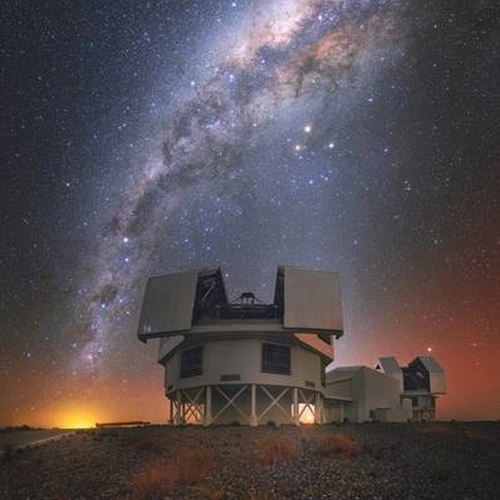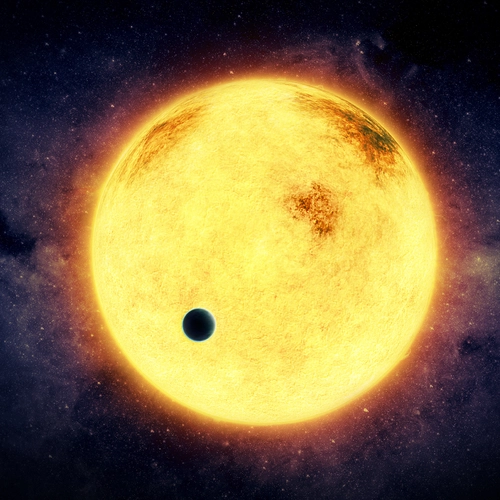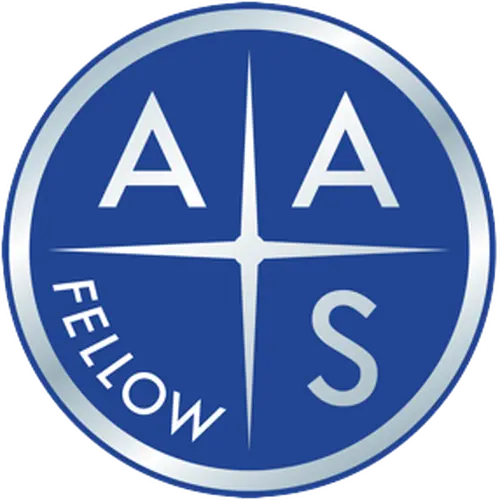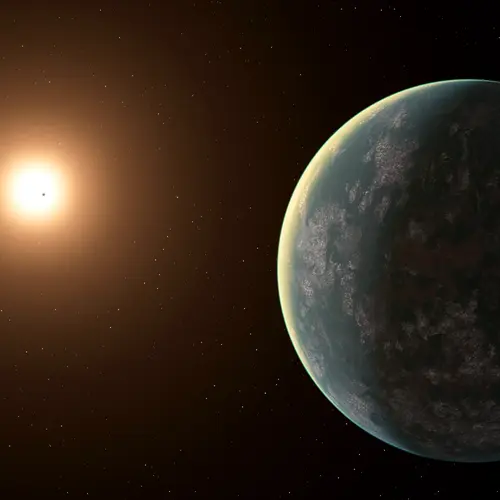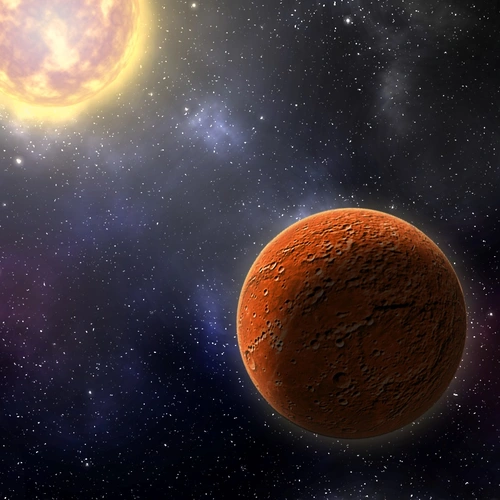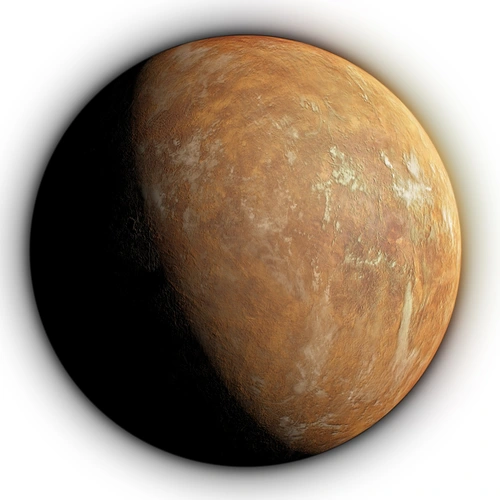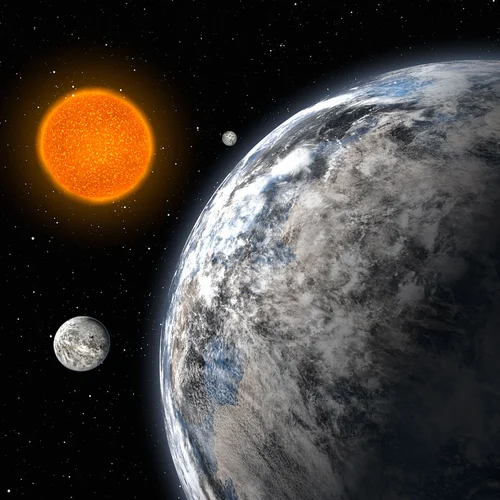Overview
With fellow Carnegie astronomer George Preston, Stephen Shectman conducted an objective-prism survey for the oldest and most metal-poor stars in the halo of the Milky Way galaxy, helping to provide the foundation for the study of what is now called near-field cosmology. For two decades most of the known extremely metal-poor stars (with heavy-element content less than 1/1000 of the solar value) were discovered in Shectman and Preston’s survey.
Shectman led the Las Campanas Redshift Survey (LCRS), the first galaxy redshift survey to use fiber-optic spectroscopy to measure the distances to hundreds of galaxies in each exposure. The LCRS was the first extensive redshift survey deep enough to convincingly show that the galaxy distribution becomes homogeneous on sufficiently large scales.
Shectman has developed a variety of specialized instruments at Carnegie’s Las Campanas Observatory in Chile. He created a series of
photon-counting detectors for faint-object spectroscopy which were copied by a number of other observatories. He built the high-resolution echelle spectrograph and a multiobject fiber spectrograph for Carnegie’s 2.5-meter du Pont telescope. With former Carnegie postdoc and current staff member Rebecca Bernstein he built the high-resolution echelle spectrograph for the 6.5-meter Magellan telescopes. He worked on the Magellan echellette spectrograph and with former Carnegie postdoc and current Associate Director Jeff Crane, he built the Magellan Planet Finder Spectrograph.
Shectman received a B.S. in physics from Yale University in 1969 and a Ph.D. in astronomy from the California Institute of Technology in 1973. He has been a staff member at the Carnegie Observatories since 1975. He was awarded an Alfred P. Sloan Research Fellowship in 1984 and was elected to the American Academy of Arts and Sciences in 1997. In 2014 he was elected to the National Academy of Sciences and in 2020 was selected to be one of the inaugural Legacy Fellows of the American Astronomical Society. In 2005 he received the Joseph Weber Award for Astronomical Instrumentation from the American Astronomical Society, in 2008 he received the Jackson-Gwilt Medal from the Royal Astronomical Society for his work on telescopes and instrumentation, and in 2015 he received the Maria and Eric Muhlman Award of the Astronomical Society of the Pacific for his work on instrumentation.
CV
- Ph.D. in Astronomy, 1973, California Institute of Technology
- B.S. in Physics, 1969, Yale University

